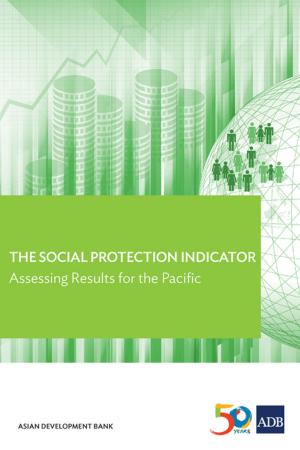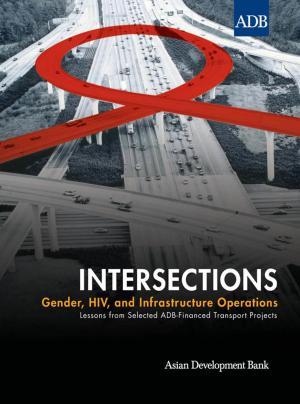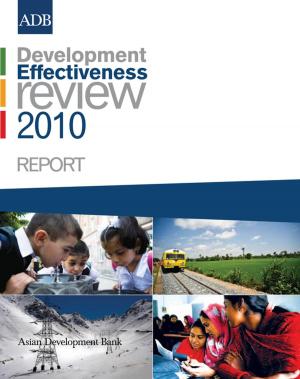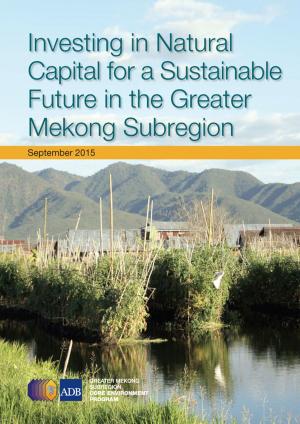Information and Communication Technology for Development
ADB Experiences
Nonfiction, Computers, Advanced Computing, Information Technology| Author: | Asian Development Bank | ISBN: | 9789290920861 |
| Publisher: | Asian Development Bank | Publication: | December 1, 2010 |
| Imprint: | Asian Development Bank | Language: | English |
| Author: | Asian Development Bank |
| ISBN: | 9789290920861 |
| Publisher: | Asian Development Bank |
| Publication: | December 1, 2010 |
| Imprint: | Asian Development Bank |
| Language: | English |
The role of information and communication technology (ICT) in an increasingly interconnected and interdependent world transcends geographical boundaries, economies, and sectors. Over the past decade, ICT has helped create the most rapidly growing industry sectors, driven efficiency in government and business operations, and developed the essential building blocks to a knowledge-based economy. The ability of ICT to change the way people do things is either hidden in internal processes---such as how a government office manages data collection---or manifest in the end product---such as digital support for health care services in a remote province. While the level and nature of the benefits of ICT may differ for every stakeholder, there is a consensus of what ICT can help provide to governments, businesses, and citizens: faster access to relevant information, an efficient means for communication, an enhanced ability to make informed decisions, and a voice to otherwise unheard peoples. As these cases from the Asian Development Bank would show, access to ICT alone will not result in significant, lasting change. It is the adoption of appropriate technology, paralleled with an enabling policy environment, a responsive and needs-based approach, improved individual and institutional capacity, nurtured partnerships with key stakeholders, leadership by local champions, effectively managed change, and sustained support that make the difference.
The role of information and communication technology (ICT) in an increasingly interconnected and interdependent world transcends geographical boundaries, economies, and sectors. Over the past decade, ICT has helped create the most rapidly growing industry sectors, driven efficiency in government and business operations, and developed the essential building blocks to a knowledge-based economy. The ability of ICT to change the way people do things is either hidden in internal processes---such as how a government office manages data collection---or manifest in the end product---such as digital support for health care services in a remote province. While the level and nature of the benefits of ICT may differ for every stakeholder, there is a consensus of what ICT can help provide to governments, businesses, and citizens: faster access to relevant information, an efficient means for communication, an enhanced ability to make informed decisions, and a voice to otherwise unheard peoples. As these cases from the Asian Development Bank would show, access to ICT alone will not result in significant, lasting change. It is the adoption of appropriate technology, paralleled with an enabling policy environment, a responsive and needs-based approach, improved individual and institutional capacity, nurtured partnerships with key stakeholders, leadership by local champions, effectively managed change, and sustained support that make the difference.















